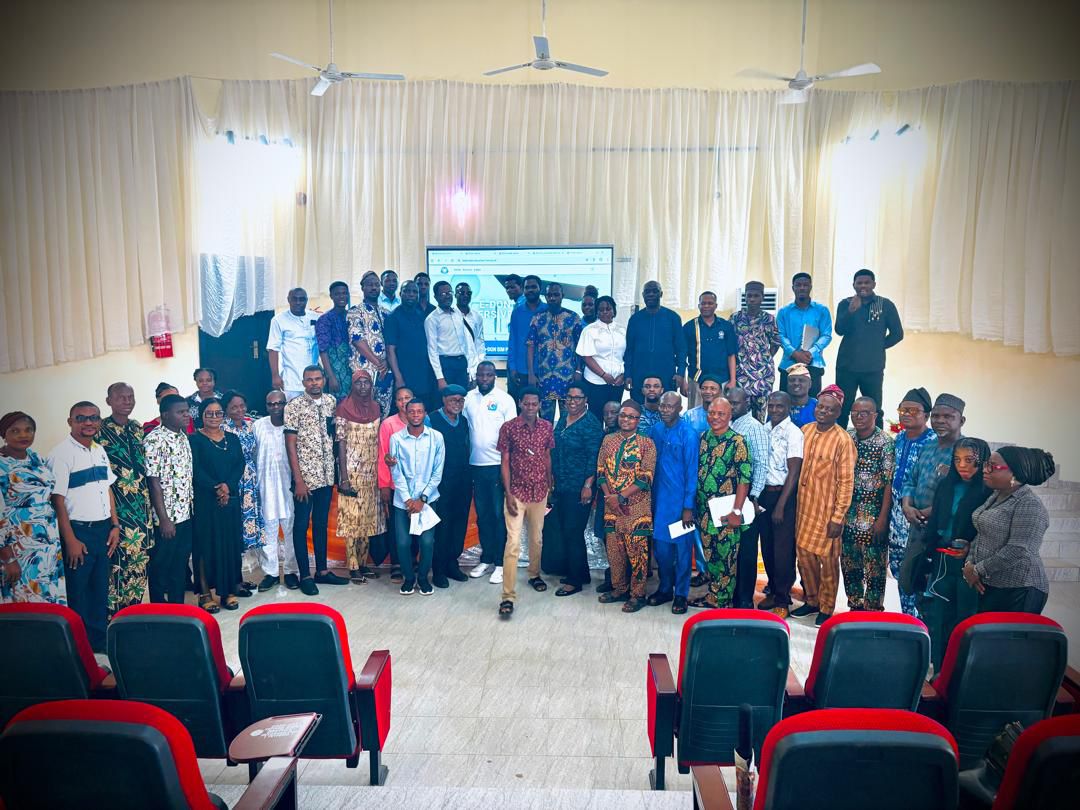Students Seek More E-learning Intervention, Commends TETFUND, E-DON
By Tope Kolawole
Students of the Federal College of Education, Minna, has called on the government at all levels to encourage more electronic learning interventions in the country.
They commended the Tertiary Education Trust Fund (TETFUND) Headed by Arch Sonny Ochono as well as the founder of Electronic Education Initiative Dr. Idonuagbe Akogun, for the interventions.
The E-Education Initiative is the African Continental Representative for ClassPoint, a Singapore-developed and US-based teaching and learning software platform, Coordinated by Dr Akogun, a Nigerian-American Diaspora, who is a National Merit Award recipient for his work on Global Education Technology and Partnerships.
Comrade Japhet Paul, the Student Union Gorvernment Secretary of the institution, lauded TETFUND and E-DON for their efforts in advancing e-learning in the country’s educational system, particularly, as it relates to higher institutions learning.
He said, “I wish to express our profound appreciation to TETFUND and E-DON for their remarkable efforts in advancing Electronic Education in our institutions. Initiatives such as ClassPoint and recently the E-DON 3D Visualization SIM PRO Software Technology are transforming the learning expenence and bridging the gap between traditional and digital education in our Colleges of Education.
“We are equally grateful to TETFund for the QR Interactive Board deployed to our school, which has greatly enhanced the teaching and learning experience.
“We also extend our heartfelt appreciation to the Executive Secretary of the National Commission for Colleges of Education (NCCE) Prof Pauline Chijoke for his innovation and dedication to enhancing the Colleges of Education and also appreciate the Federal Ministry of Education for their continuous support and visionary leadership towards improving digital education across Nigeria. We look forward to more electronic education interventions that will further empower both students and educators.”
From AI-powered tutors to virtual classrooms and interactive smart platforms, technology is transforming the Nigerian education landscape. Artificial intelligence now assists students in real-time learning, helping teachers personalize lessons and improving access to quality education beyond physical classrooms.
Digital learning is also bridging geographical gaps, offering students in remote areas the chance to learn from global resources. This growing shift towards e-education signals progress and positions Nigeria to compete in a technology-driven world.
However, the rise of AI and e-learning also exposes deep-rooted challenges from poor internet connectivity and limited access to digital devices to questions about affordability, equity, and the loss of human interaction in learning. Many schools, especially in rural areas, still struggle with the basic infrastructure required for digital education.

